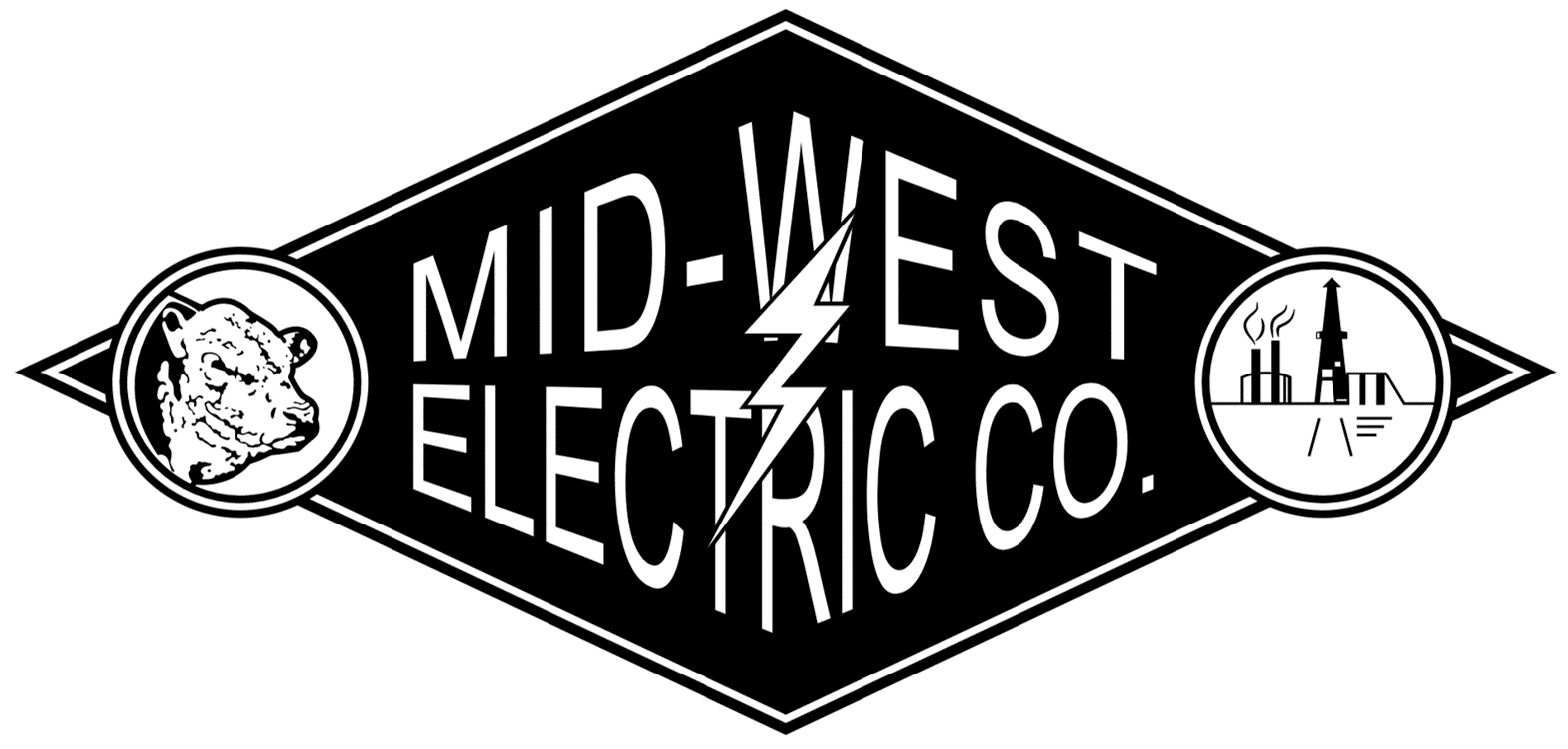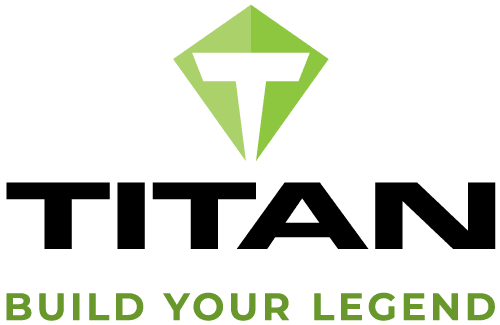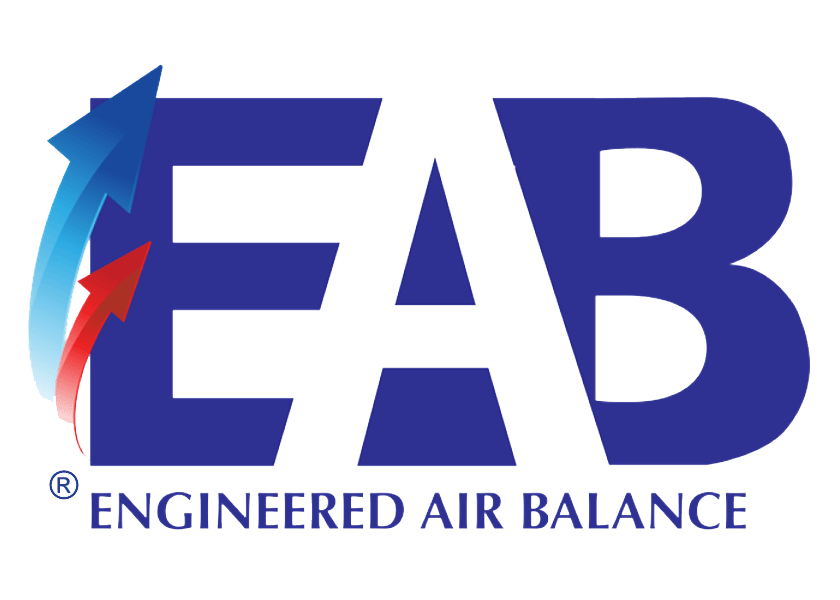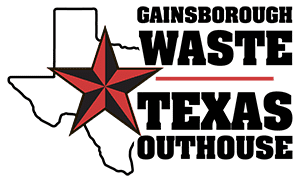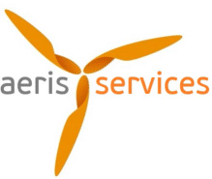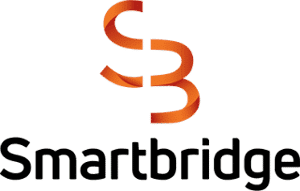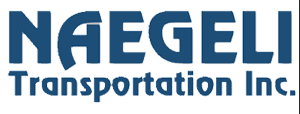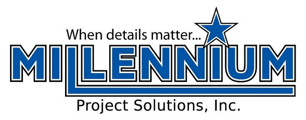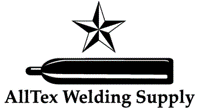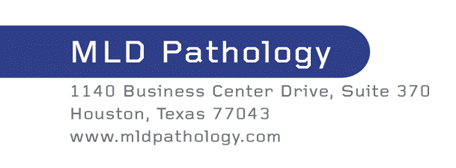Employee recognition is important because it not only benefits individual employees by increasing their motivation and job satisfaction but also has a broader impact on the organization by improving productivity, engagement, retention, and overall workplace culture. It can be a cost-effective way to boost employee morale and drive positive organizational outcomes.
We each must condition ourselves to “See the Good”. Take the time to gather positive feedback from clients, customers and employees, and recognize contributions at team gatherings. Walk through the business and connect with team members by name. With a personal touch, share openly and learn to see meaningful recognition opportunities every day.
“See the good” and having recognition methods and techniques as part of your business culture are important for several reasons:
- Boosts morale: It shows that their hard work is appreciated and valued by the company. When employees feel valued, they are more likely to be engaged and productive.
- Improves retention: Employees who feel valued and appreciated are less likely to leave the company. This can save the company money in recruitment and training costs.
- Encourages positive behaviors: When employees are recognized for their positive behaviors, they are more likely to repeat those behaviors. This can help create a positive work culture where good behavior is encouraged and rewarded.
- Increases loyalty: When employees feel recognized and appreciated, they are more likely to feel loyal to the company. This can lead to increased job satisfaction and a stronger commitment to the company’s mission and goals.
- Job Satisfaction: Recognized employees tend to have higher job satisfaction. When people feel that their work is meaningful and appreciated, they are more likely to enjoy their jobs and stay with the organization longer.
- Increased Productivity: Recognition can lead to increased productivity. Employees who feel appreciated are often more willing to go above and beyond in their roles, putting in extra effort to achieve their goals and contribute to the success of the organization.
- Enhanced Employee Engagement: Engaged employees are more likely to be committed to their work and the organization’s mission. Recognition is a powerful tool for improving employee engagement, as it fosters a sense of belonging and pride in the workplace.
- Improved Team Dynamics: Recognizing employees for their achievements can strengthen team dynamics. It promotes a positive work environment where colleagues support and appreciate each other’s contributions, fostering collaboration and cooperation.
- Talent Attraction: A workplace known for recognizing and rewarding its employees is more likely to attract top talent. Job seekers are often attracted to organizations that have a reputation for valuing their employees.
- Innovation and Creativity: Recognition can also stimulate innovation and creativity. Employees who feel appreciated are more likely to share ideas and take risks, which can lead to new and innovative solutions to challenges.
- Positive Organizational Culture: A culture of recognition contributes to a positive organizational culture. When recognition is a regular part of the workplace, it sets a tone of appreciation and respect that can permeate the entire organization.
- Employee Well-Being: Employee recognition can contribute to overall well-being. Feeling valued and appreciated at work can have a positive impact on an employee’s mental and emotional health, reducing stress and enhancing job satisfaction.
17 employee recognition techniques you can incorporate into your business culture:
- Verbal Praise and Appreciation:
- Offering sincere verbal praise and thanks for a job well done is a simple yet powerful recognition technique. Regularly acknowledge individual and team achievements during meetings or in one-on-one conversations.
- Written Notes or Emails:
- Sending personalized thank-you notes or emails to employees can be a meaningful way to express appreciation. These can be formal or informal, depending on the company culture.
- Public Recognition:
- Recognize outstanding performance in front of peers, whether it’s during team meetings, company-wide gatherings, or via a company newsletter or intranet. Public recognition can make employees feel valued and proud of their contributions.
- Employee of the Month/Quarter Awards:
- Establishing an “Employee of the Month” or “Employee of the Quarter” program allows you to recognize and reward outstanding employees with a certificate, plaque, or a small monetary prize.
- Peer Recognition:
- Implement a peer-to-peer recognition program that encourages employees to acknowledge and appreciate their colleagues’ contributions. This can create a supportive and collaborative work environment.
- Gifts and Rewards:
- Offer tangible rewards such as gift cards, small gifts, or bonus incentives for exceptional performance or achieving specific milestones.
- Professional Development Opportunities:
- Invest in your employees’ growth and development by offering opportunities for training, workshops, or courses. Recognize their dedication to personal and professional improvement.
- Flexible Work Arrangements:
- Recognize outstanding employees by providing flexible work arrangements, such as remote work options, flexible hours, or extra paid time off.
- Lunch or Dinner Celebrations:
- Treat high-performing employees to a meal with their manager or team as a way to celebrate their achievements.
- Long-Term Service Awards:
- Recognize employees’ loyalty and commitment by presenting awards or gifts for reaching significant milestones, such as five, ten, or twenty years of service.
- Employee Appreciation Events:
- Host regular appreciation events or outings, such as picnics, team-building activities, or themed parties, to foster a sense of belonging and camaraderie.
- Customized Rewards:
- Offer rewards tailored to individual preferences, such as allowing employees to choose their rewards from a selection of options.
- Performance-Based Bonuses:
- Provide financial bonuses or profit-sharing based on individual or team performance. Tie these bonuses to specific, measurable goals.
- Surprise Recognition:
- Spontaneous and unexpected recognition can be particularly impactful. Surprise an employee with a thank-you card, a small gift, or a shout-out during a team meeting.
- Continuous Feedback and Coaching:
- Regularly provide constructive feedback and coaching to help employees improve and grow. Recognize their progress and efforts in their development journey.
- Customized Awards and Trophies:
- Create custom awards or trophies for special achievements or milestones, making the recognition more memorable.
- Employee Recognition Software:
- Implement employee recognition software platforms that allow peers and managers to send recognition messages, track milestones, and redeem rewards.
At Achilles Group, we are giving HR a new name through a professionally human approach. Every day we help business leaders strategize and execute key priorities that will increase profitability through people performance. If you are looking for a trusted advisor to guide you in building a sound people foundation for your business, give us a call.
People also searched:













